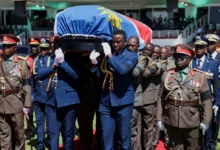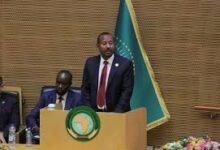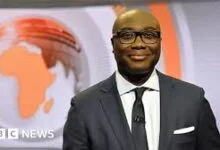Concern grows over health of jailed Ethiopian political leaders
Concerns are growing about the health of several imprisoned Ethiopian opposition figures who launched a hunger strike some two weeks ago, with protests erupting in Oromia to demand the release of some of the region’s most prominent political leaders.
Senior Oromo Federal Congress (OFC) members Bekele Gerba and Jawar Mohammed are among some 20 people facing charges ranging from “terrorism” to illegal possession of firearms in connection with the unrest that followed the murder of a popular Oromo musician last year.
Bekele, Jawar and others began the food strike in late January in response to reports of arrests and mistreatment of supporters and family members who attend their courthouse hearings, according to their legal team.
“Four of them have already collapsed and have been taken to hospital,” Ibsa Gemeda, one of the defendants’ lawyers, told Al Jazeera.
“The others are unable to have conversations or move around. Some of them have serious underlying health issues and we are worried that this could result in their deaths.”
Jawar himself has been extremely weakened by the strike he launched on January 27 and has since developed unspecified kidney problems, according to his lawyer.
The Ethiopian Human Rights Commission (EHRC) last week said it had visited the defendants and confirmed they were on hunger strike.
“Very close supervision is required to prevent any grave threat to their health and life,” Dr Daniel Bekele, EHRC chief commissioner, said in a statement, adding that “reasonably justified demands of the prisoners must be addressed”.
A court hearing was cancelled last week due to the defendants being too weak to attend. It came as the youth took to the streets of several cities including Ambo and Dire Dawa to protest against the continued detention of the Oromo leaders, with a number of injuries and at least one death reported.
“We are asking for the releases of our political leaders,” Yeroon Tolassa, a student activist who attended last week’s protests, told Al Jazeera from Ethiopia’s capital, Addis Ababa. “Our political leaders and activists are jailed in the thousands.”
It was on the back of popular uprisings that first ignited among the ethnic Oromo, who constitute about a third of Ethiopia’s 112 million people that Abiy Ahmed ascended to the Ethiopian premiership in April 2018. -Aljazeera






